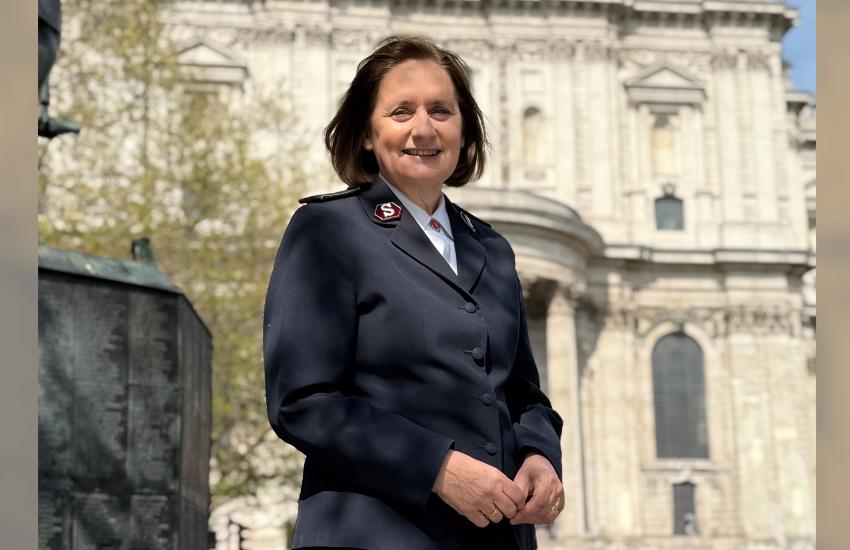In a world increasingly led by media interest, the ‘forgotten’ crisis in Uganda continues to grow. While attention has been distracted by emergencies elsewhere, the situation in Uganda’s northern districts has worsened, with increasingly terrifying rebel attacks on civilian targets and growing congestion in camps which already lack adequate sanitation facilities. The Salvation Army is determined to do more to help and is sending a team to the area to assess the need and plan its response.
Last week, video footage of the situation in the northern region was shown to Ugandan parliamentarians, who were reduced to tears by the images of malnourished children and others suffering from curable diseases who are living in deplorable conditions.
Pierre Combernous – the Swiss ambassador to Kenya and Uganda – on his recent return from a fact-finding tour of northern Uganda, described the situation in the area as a 'humanitarian crisis of tragic magnitude'. He said the seriousness of the situation demanded all the attention possible towards helping the more than 1.6 million internally displaced persons (IDPs) forced out of their homes by the war between the Ugandan Army and the rebel Lord's Resistance Army (LRA).
Ken Davis, country director for the United Nations World Food Programme, is quoted as saying: 'Uganda faces the worst humanitarian crisis in years.'
One unusual phenomenon in Uganda is that of ‘night commuters’. There are about 40,000 such people, mostly mothers and their children. Every evening, they take refuge in major towns, sleeping outside hospitals and community centres out of fear of LRA attacks. According to UNICEF, at least 12,000 children have been abducted over the past two years to serve as sex slaves or forced to join the fighting ranks of the LRA.
In response to the growing problem, specialists from The Salvation Army's International Emergency Services section are carrying out a fact-finding mission to Uganda this month. Accompanied by government representatives and Salvation Army leaders from Uganda, the group will visit the northern province of Gulu, where more than 400,000 displaced people are seeking refuge, Lira (295,000 IDPs) and Sorroti (110,000 IDPs).
Captain Mike McKee, The Salvation Army's Emergency Field Operations Officer, reports: ‘The situation in Uganda is heartbreaking. Things we take for granted in the developed world are denied to those who have suffered from this lengthy conflict. We are encouraged by the determination of our Ugandan colleagues to offer support and will provide as much assistance as we can.’
The Salvation Army has been working in Uganda for more than 70 years. Its 50 Ugandan-based officers operate more than 30 churches, schools and children’s homes.
International Emergency Services Coordinator




